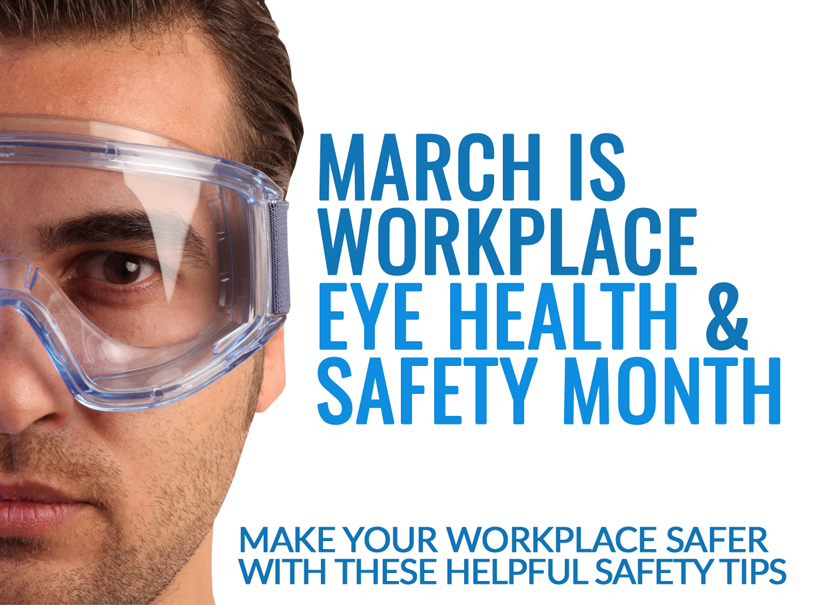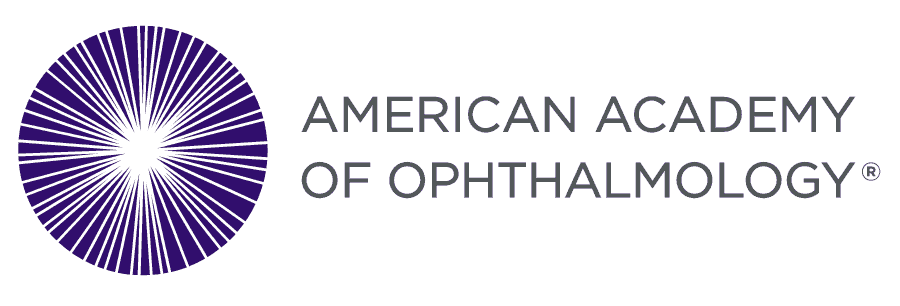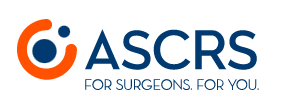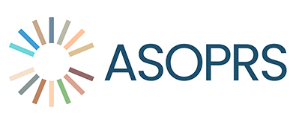FLEI acknowledges Workplace Eye Health and Safety Month
Why you should be concerned about Eye Health and Safety
According to the CDC, about 2,000 workers experience job-related eye injuries each day that require medical treatment. Some of these injuries may include: small particles or objects such as wood chips, cement chips or metal slivers and other small items that are ejected by tools, are windblown, or that fall from above. These injuries can and often do result in abrasions, irritations and in some cases may even lead to permanent loss of vision. Chemical burns are another type of injury that may occur if cleaning products or industrial chemicals are accidentally splashed into one’s eyes.
Health care workers, janitorial workers, lab staff and even animal handlers are subject to infectious diseases acquired through ocular exposure. A simple cough, sneeze, or contaminated fingers from touching objects exposed to infectious disease can lead to permanent eye injury if left untreated. These are just a few of the many ways that your eyes can be effected and why Workplace Eye Health and Safety is so important.
With March being the Workplace Eye Health and Safety Month, we have put together a few things that will make your workplace safer and healthier for your eyes:
Safety Eyewear
Face shields, safety goggles and for some industries, full face respirators, should always be worn where there is risk of eye injury. Eye protection needs to be fitted to the individual or adjustable to ensure appropriate coverage and should also be comfortable because people tend to remove or not wear things that cause them discomfort.
The individual must be able to see well with sufficient peripheral vision as a lack of peripheral vision can lead to other types of injuries. The determination of which eyewear to use will depend on the hazards involved in each activity and the regulatory requirements of that particular workplace or environment.
Annual Eye Exams
As with anything related to your health, an annual examination is the key to detecting the early signs of big issues and preventing small issues from turning into big issues. Early detection of serious eye conditions like glaucoma and cataracts can definitely make the difference between losing your eyesight or being able to take early measures to prevent further damage to your eyes.
Hygiene
You may have touched an object that a co-worker with an eye infection has sneezed or coughed on so it is very important to wash your hands a few times a day so that you don’t transfer that infection from your hands into your own eyes.
Computer Etiquette
Although computers do not permanently damage your vision, long-term computer usage may cause headaches and make focusing difficult at times and contribute to eye fatigue. To help prevent “Computer Eye Syndrome”, try repositioning your computer screen so that it is at eye level and take more frequent breaks. If these measures don’t help and you continue to experience eye issues, make sure you have your eyes checked by your doctor.







